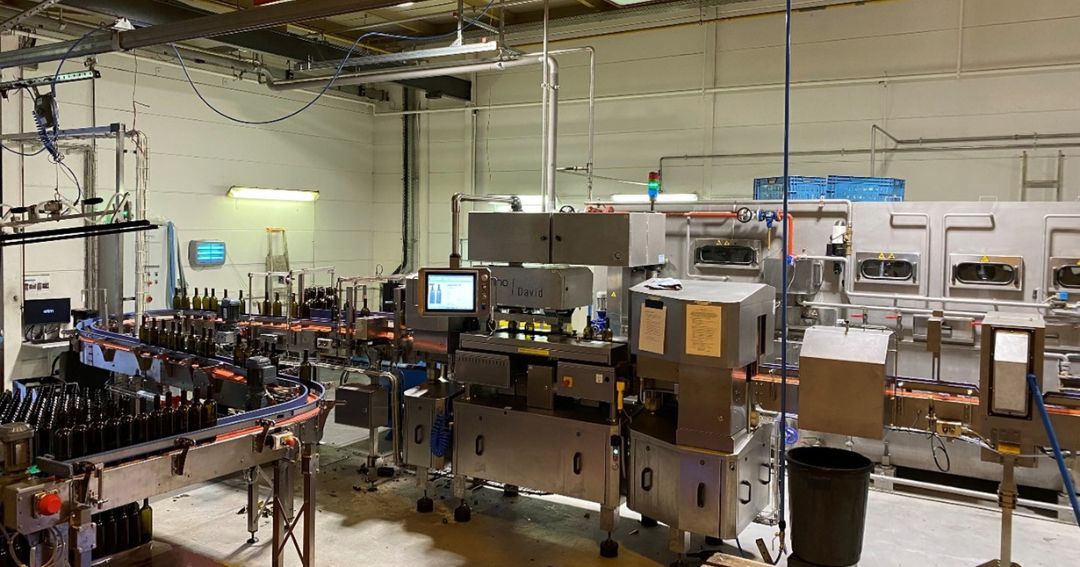
Tri - Terre: the first washing centre for reusable food packaging
Published on 17 June 2025
Publication
Tri- Terre is taking part in the ‘Go Circular’ call for projects with an innovative solution to promote the reuse of food packaging. In partnership with Bring Back, Tri - Terre has set up a dedicated washing centre, providing a cleaning process and a system of instructions to make it easier for consumers to return used packaging. This encourages a sustainable reuse cycle and reduces environmental impact.
- Raw materials
- Practices of circularityNeed help with filters?
This article is part of a series dedicated to exploring the journeys of the winners of Go Circular 2. In this series, we highlight the inspiring initiatives of these winners. One of them is Tri - Terre, part of the “growth” category, which is developing a circular approach centred on reuse.
A Pioneering Solution for Glass Packaging in Wallonia
Initially specialized in paper and cardboard collection, Tri - Terre has expanded its activities to include the washing of reusable glass food containers. In 2022, in partnership with Bring Back, the company inaugurated a washing unit in Wallonia for producers using returnable glass containers.
The washing process includes several steps: Bring Back collects the used containers and transports them to Tri - Terre’s facility, where they are sorted to eliminate incompatible formats. The returnable glass jars are then carefully washed, labeled, and re-palletized, ready to be reused by producers.
Tri - Terre collaborates with various sectors, such as beverages (beer and wine) and food products (yogurts, spreads). This service meets the needs of small breweries and food producers, who often lack washing infrastructure, by offering them an economical and sustainable solution that allows them to focus on production.
Improved Quality Control: Installation of an Inspection Machine
In its first year, Tri - Terre identified the limitations of manual inspection of washed containers, particularly in detecting subtle defects such as cracks or residues. To ensure higher quality standards, the company invested—supported by Go Circular—in an inspection machine, an automated device that checks each container after washing. This investment helps meet cleanliness and safety requirements for reliable reuse.
Reduced Environmental Impact Through Local Reuse
Tri - Terre’s strategy is based on the local reuse of glass packaging, extending their lifecycle and reducing environmental impacts. Unlike remelting, which involves energy-intensive and CO₂-emitting processes, reuse reduces energy consumption. On average, a glass container can be reused up to thirty times, significantly lowering its ecological footprint compared to traditional recycling. The relocation of the washing unit to Wallonia also helps reduce transport distances, strengthens local supply chains, and creates regional jobs.
A Commitment to a Viable Circular Economy
Since opening its washing unit, Tri - Terre has processed between 3 and 4 million containers while expanding its customer base. The company is currently discussing new partnerships, which are essential to reaching a critical scale that would ensure the long-term viability of its operations.
